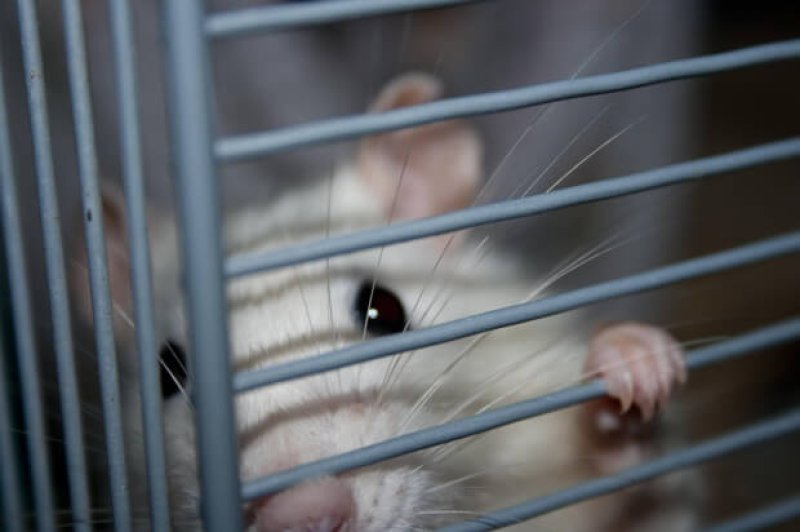If in doubt feed it to a rat and see what happens. So goes the philosophy of some regulatory jurisdictions around the world when it comes to the risk assessment of GM food crops.
So, just how valid are such studies scientifically, and if they are not robust and necessary, are they ethical under existing animal ethics regulations?
Unfortunately rats are a very insensitive instrument and, in isolation, are not necessarily a good model for human hazard identification.
The ultimate recommendation of the review was that the routine conduct or requirement of such toxicity studies is not supported scientifically and should be considered unethical given their very limited, if any, contribution to the safety assessment of GM crops.
Read the full, original paper (PDF): Of Rats and Regulators
Additional Resources:
- “Being Gilles-Eric Seralini: Inside the mind of the anti-GM movement,” Genetic Literacy Project
- “You can put lipstick on a pig (GE feeding study), but it still stinks,” Forbes
- “David Tribe: New EU GE legislation has no scientific justification for mandatory animal feeding trials,” GMO Pundit































